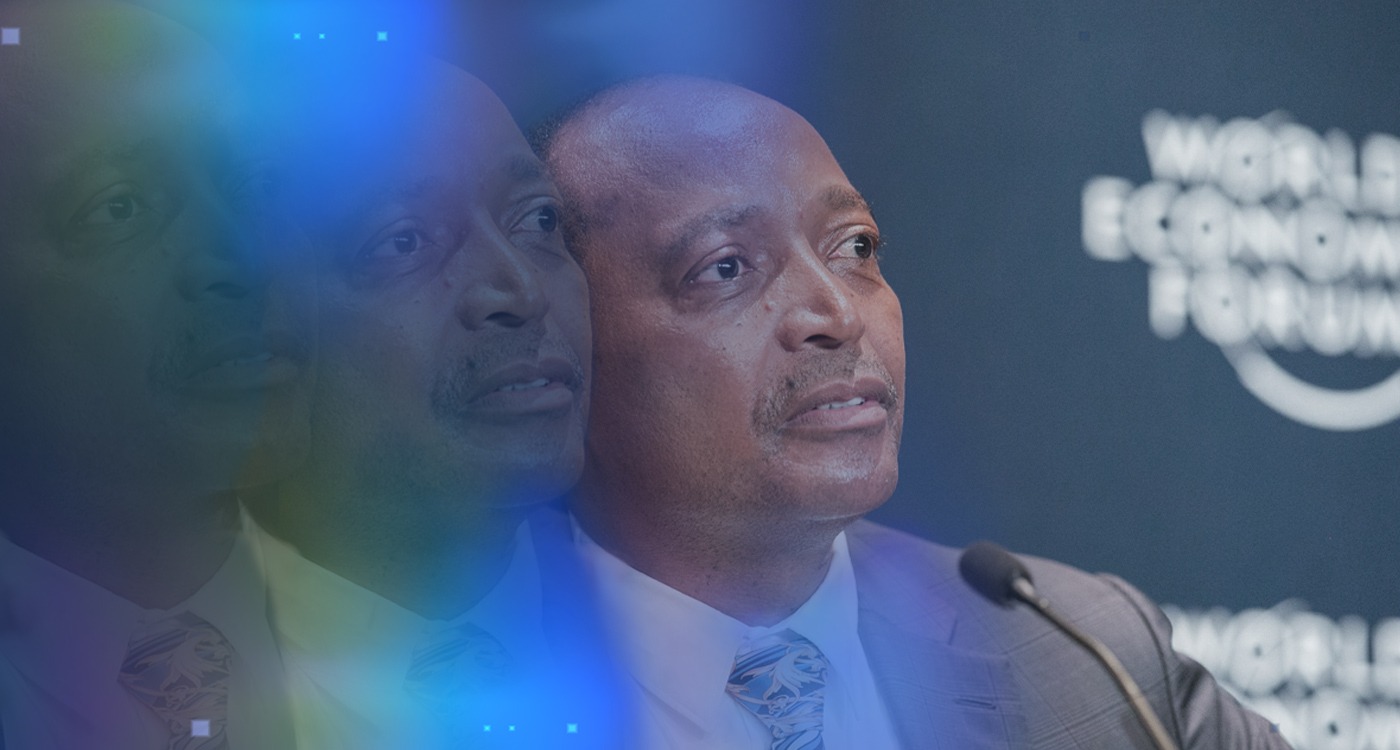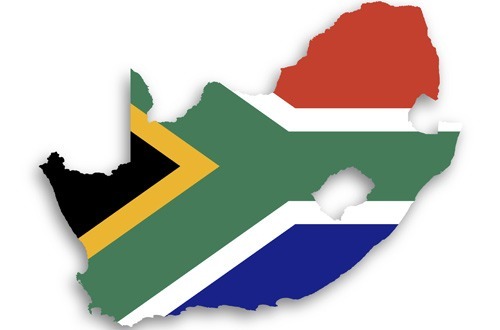
Airbnb has become the first accommodation provider to build and implement a seamless, global split payments feature to travelers around the world, following the global launch yesterday.
According to the company, roughly 4 out of 5 American travelers (79%) have been on multiple group trips in the last five years, according to a recent Airbnb survey conducted online by DKC Analytics among 2,000 people.
At the end of 2016, Brian Chesky asked consumers: “If @Airbnb could launch anything in 2017, what would it be?” One of the top requests was group payments. With the launch of split payments, Airbnb is hoping to deliver on that promise.
The feature was tested in recent months with over 80,000 groups successfully using the feature from all over the world in nearly 175 countries, using over 44 different currencies, according to their press release.
“We are excited this tool will help solve a problem that has plagued many groups while traveling together. For those that have traveled with a group, two-fifths (38%) have experienced not receiving all the money owed from a group trip. Of these people, a whopping 43 percent have lost $1,000 or more in group trip repayments, and a stunning 18 percent of the most frequent group trip takers* report losses of $10,000 or more. Group trips often times mean one person fronting big costs. Fifty-two percent of group travelers report they’ve fronted $500 or more, and almost a third (31%) have fronted more than $1,000,” the press release stated.
When a trip organizer requests to book a listing that qualifies for splitting payments, the reservation is put in an “awaiting payment” state, with the organizer’s portion of the booking charged on their credit card while the host’s calendar is blocked. The organizer can hold a reservation for up to 72 hours, giving time to others in the group to log on to Airbnb and pay their portion.
Airbnb Split Payments Survey Highlights
- 79% of American travelers have been on multiple group trips in the last five years.
- 38% of American travelers have experienced not receiving all the money owed from a group trip.
- 43% of American travelers have lost $1,000 or more in group trip repayments.
- Cumulative losses of American travelers peak at 45-54 years of age (47% reporting $1,000 or more and 12% reporting $5,000 or more).
- A stunning 18% of the most frequent group trip takers (10+ in the past five years) reports losses of $10,000 or more.
- More than a quarter (29%) of American travelers have fought with a friend over group trip money collections.
- More than half (52%) of American travelers have fronted $500 or more, and almost a third (31%) have fronted $1,000 or more.
- 22% of American travelers have maxed out a credit card for a group trip, and this is consistent with all age groups under 54.
- Almost 2/3 of respondents rank kids and coworkers rank least likely to pay them back for a group trip (34% and 31%, respectively). This trend is stable across all cohorts.
AfDB Launches Youth Advisory Group to Create 25 Million Jobs
The President of the African Development Bank Group (AfDB), Akinwumi Adesina, has launched the Presidential Youth Advisory Group (PYAG) to provide insights and innovative solutions for job creation for Africa’s youth, as outlined in the Bank’s Jobs for Youth in Africa Strategy (JfYA).
The Jobs for Youth in Africa initiative aims at creating 25 million jobs and impacting 50 million youth over the next ten years by equipping them with the right skills to get decent and meaningful jobs. It is currently the largest effort going on for youth employment in Africa today.
The advisory group, inaugurated on the sidelines of the 6th EU-Africa Business Forum in Abidjan on Monday, November 27, will work with the Bank to create jobs for Africa’s youth.
“This is a huge opportunity for Africa. If we fix the youth unemployment challenge, Africa will gain 10-20% annual growth. That means Africa’s GDP will grow by $500 million per year for the next thirty years. Africa’s per capita income will rise by 55% every year to the year 2050,” Akinwumi Adesina, President of the African Development Bank (AfDB) said at the inauguration of the Group.
Adesina, who identified Africa’s greatest asset as its youth, observed that out of the 13 million youths that enter the labour market each year, only 3 million (about 33% of African youth) are in wage employment, while the rest are underemployed or in vulnerable employment. The annual gap of more than 8 million jobs is going to worsen, with the number of youth expected to double to more than 800 million in the next decades.
“Africa has an unemployment crisis among its youth,” he stressed, noting that unless employment opportunities are created for them, Africa’s rapidly growing population of youths can give rise to serious social, economic, political and security challenges.
“66 million African youths earn less than $2 a day, less than the price of a hamburger,” the AfDB President emphasized.
GEN Announces 2017 Startup Nations Award Winners
The Global Entrepreneurship Network honored four individuals at the Startup Nations Summit for their leadership in implementing innovative public policies and programs to help entrepreneurs start and scale new businesses in their countries and around the world.
The winners were: Jorge Lawson of Argentina for the Startup Nations Award for Local Policy Leadership; Mariano Mayer of Argentina for the Startup Nations Award for National Policy Leadership; the Innovation and Entrepreneurship Team from the World Bank, for the Startup Nations Award for Groundbreaking Policy Thinking and Mikk Vainik of Estonia for the Global Entrepreneurship Network Award.
“As governments become more sophisticated in engaging with startup communities, the work being done by these leaders serve as examples on how to build and strengthen entrepreneurial ecosystems everywhere,” said Jonathan Ortmans, president of the Global Entrepreneurship Network.
The awards were presented by a Starship Robot, which are built by Starship and their engineering headquarters in Estonia.
Startup Nations Award for Local Policy Leadership
Jorge Lawson
Director, Argentinian National Bank
Argentina
Lawson implemented several programs and policies during his time as Minister of the Province of Cordoba, all with a vision to build an ecosystem that can continue to develop, well-past government support. Among his policy achievements are the creation of an SME and Entrepreneurial Development Secretariat in the Province and the “Entrepreneurial Ecosystem Cordoba,” an entity with 65 different organizations that continue to strengthen the ecosystem in the Province.
Startup Nations Award for National Policy Leadership
Mariano Mayer
Secretary of Entrepreneurship and SMEs
Argentina
Having successfully tested entrepreneurship policy levers as an intra-preneur in the Buenos Aires city government, upon assuming broader leasership as National Secretary for Entrepreneurs and SMEs, Mayer began a bold, multi-pronged strategy to revive Argentina’s entrepreneurial spirit, including a new law for entrepreneurs.
Startup Nations Award for Groundbreaking Policy Thinking
Innovation and Entrepreneurship Team
World Bank
This team at the World Bank, led by Ganesh Rasagam, developed and executed ambitious research projects on areas previously only studied in advanced economies, such as tech ecosystems in cities of emerging countries and the art of promoting high-growth entrepreneurship across developing nations. In the process, the World Bank has collected new data on policy tools that developing nations can use to benefit from the impact of growth-oriented entrepreneurship.
Global Entrepreneurship Network Award
Mikk Vainik
Policy expert, Ministry of Communications and Public Affairs, Estonia
Mikk Vainik was recognized for his work and commitment to connecting a wide range of groups in Estonia to bring the Startup Nations Summit — and the Startup Nations program — to the country. He has made efforts to to help the start and scale ecosystem in Estonia, brought information about the country’s work in e-governance.






